Claims about health effects are everywhere
There are endless claims about what improves or harms our health: claims about the effects of drugs, surgery and other types of “modern medicine”; claims about lifestyle changes, such as changes to what you eat or how you exercise; claims about herbal remedies and other types of “traditional” or “alternative medicine”; claims about public health and environmental interventions; and claims about changes in how healthcare is delivered, financed and governed.
Some of these claims are true and some are false. Many are unsubstantiated: we do not know whether they are true or false. Unsubstantiated claims about the effects of treatments are often wrong. Consequently, people who believe and act on these claims waste resources and may suffer unnecessarily by doing things that do not help and might be harmful, and by not doing things that do help.
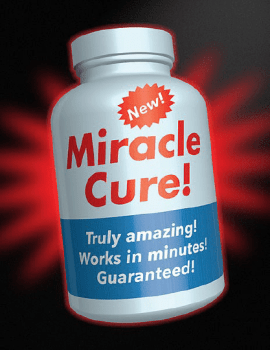
Most people are unable to assess claims
Health messages often simply tell people what to do or not do, rather than provide people with information that could enable them to make an informed health choice. In addition, health and science education tends towards rote learning rather than critical thinking. Consequently, most people never learn how to assess health claims or make informed health choices.
Unreliable claims lead to waste and harm
People’s mistaken trust in unreliable claims has led to billions of dollars being wasted every year, untold suffering and millions of unnecessary deaths. Conversely, failure to believe and act on reliable claims also leads to inefficient use of resources and unnecessary suffering. This creates a disproportionate burden for economically disadvantaged people who can least afford to waste resources.
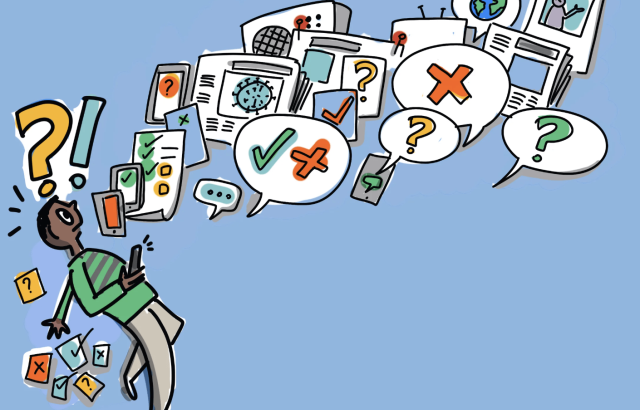
Critical thinking about claims and choices
We are developing, testing, and scaling up the use of effective learning resources to enable people to think critically about health claims and make informed choices. Building on a set of Key Concepts, we have created teaching and learning resources for primary school and lower secondary school, as well as a podcast for parents.
Employing a human-centred design approach, we develop resources that are engaging, understandable and feasible to implement in a range of contexts. We carry out fair comparisons (randomized trials) to make sure that they are effective, and use process evaluations to understand how we might better facilitate uptake of resources at a country level.
Read more about what characterises our resources.
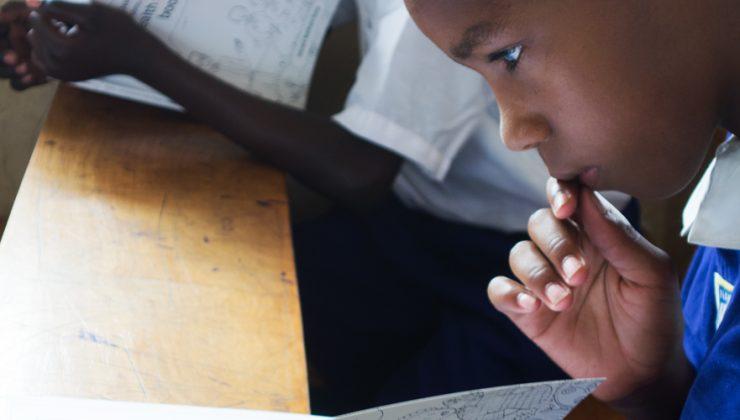
Resources with universal relevance
We initially created resources for low-income settings, where the need is greatest. However, teams in over 20 countries – including high and middle income settings – are translating and adapting these resources for use in their settings. Most teams are finding that except for language translation, the school resources can be used in their original form without major changes.
Working with us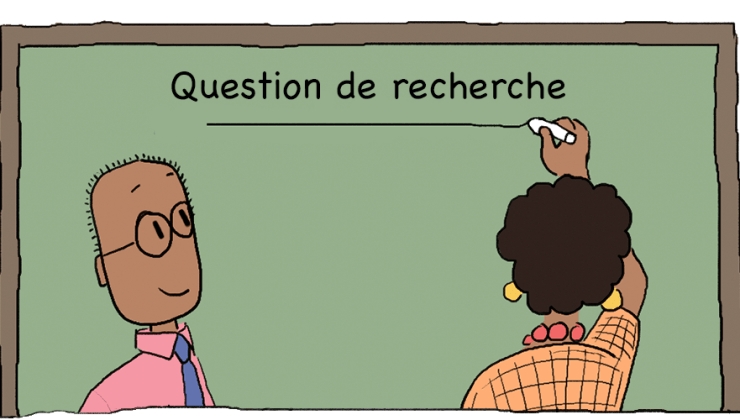
International and multi-disciplinary collaboration
We are an international team with backgrounds in research, public health, design, education, technology and communication. We collaborate closely with teachers, students, parents, school administrators and curriculum developers in different countries.
Who we are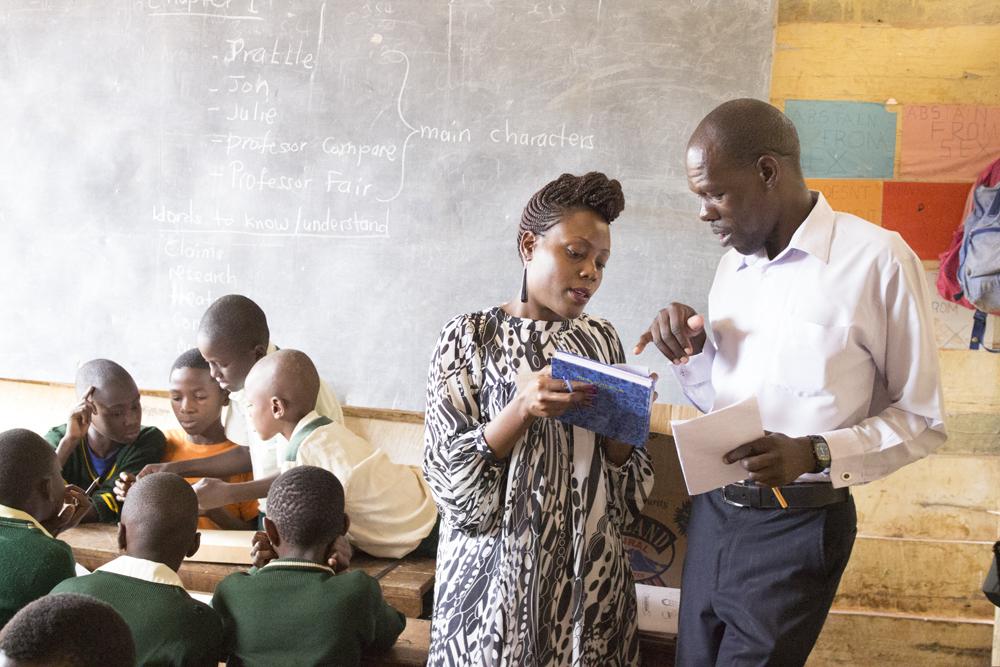
Better personal choices and policy decisions
Our solution will empower people to make better personal choices. It will also enable them to participate in policy debates as scientifically literate citizens. Today’s children are tomorrow’s health professionals and policymakers, as well as patients and citizens. To achieve the benefits of a scientifically literate population making well-informed decisions – not only about health care but also decisions regarding other kinds of interventions (e.g. environmental, educational, economic) – we need to start with children. The time to start is now, for the benefit of individuals, communities and all of humankind.
Receive our annual newsletter or other updates
Let us know if you want to be on our mailing list.
Contact us
